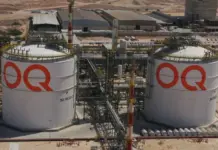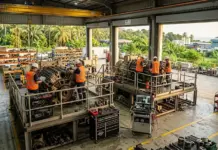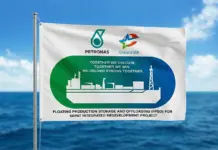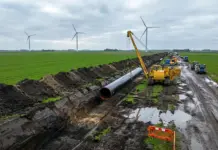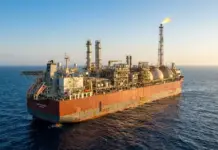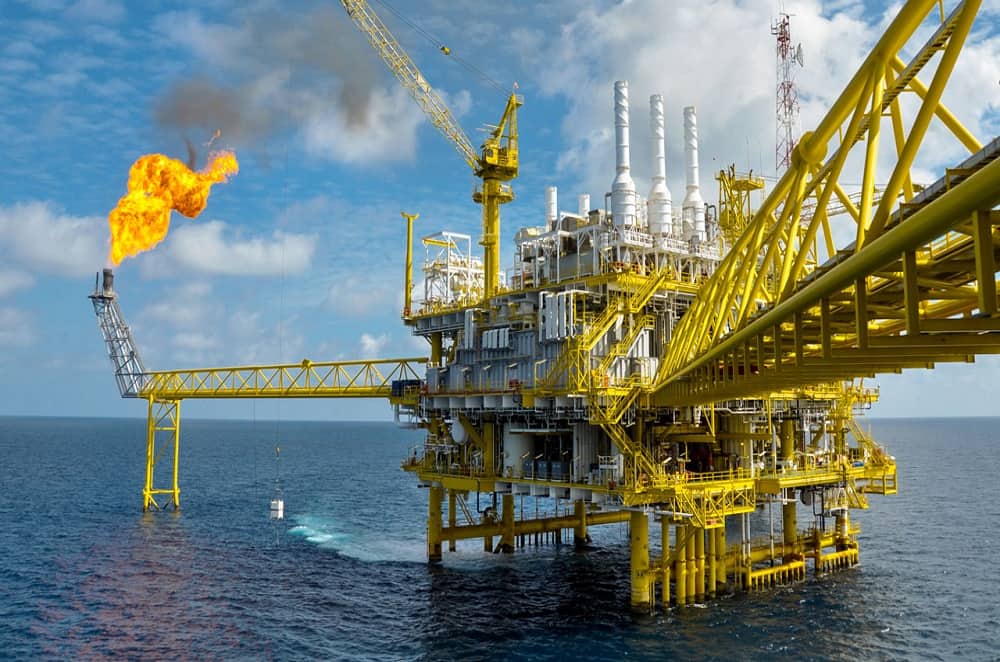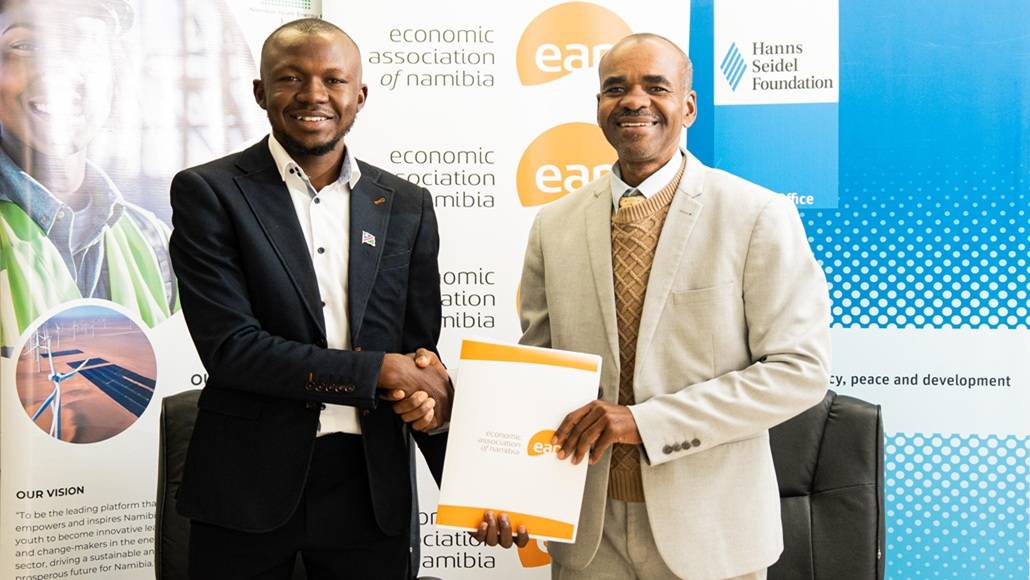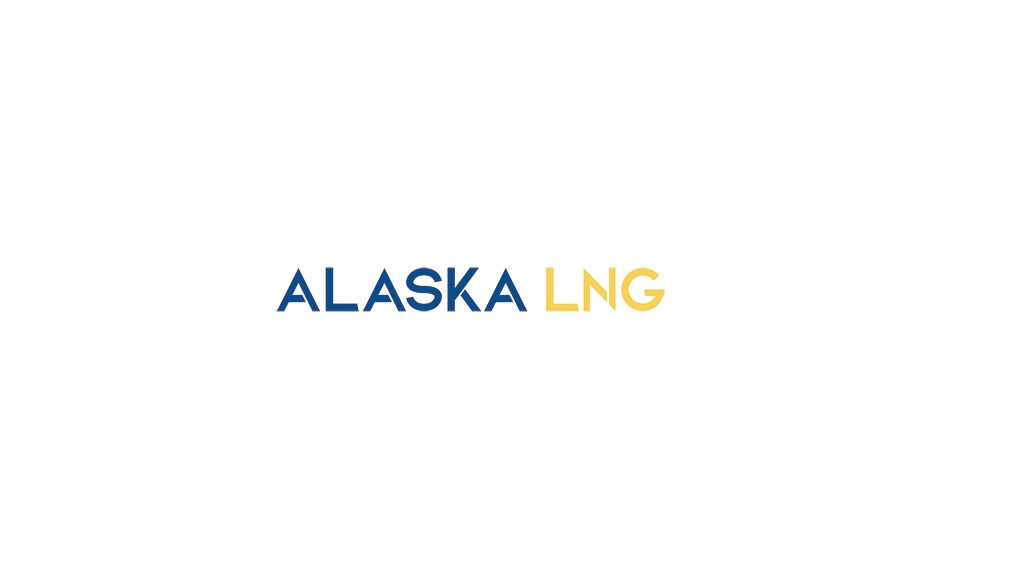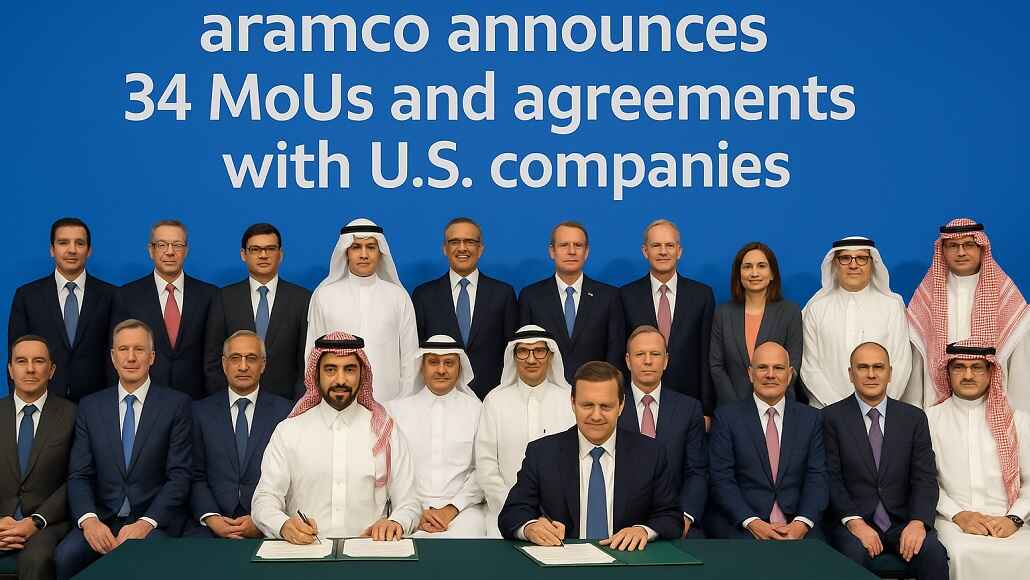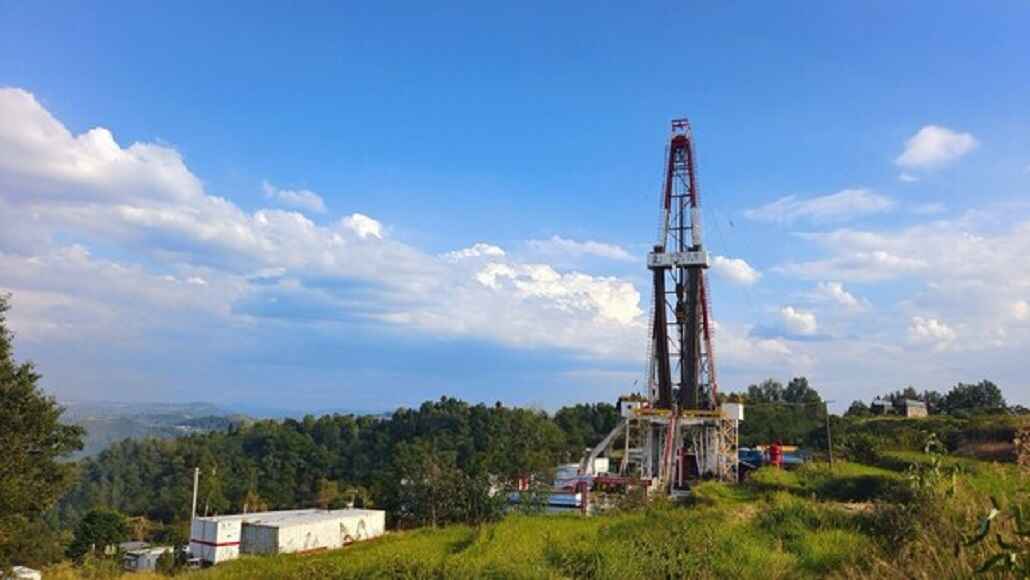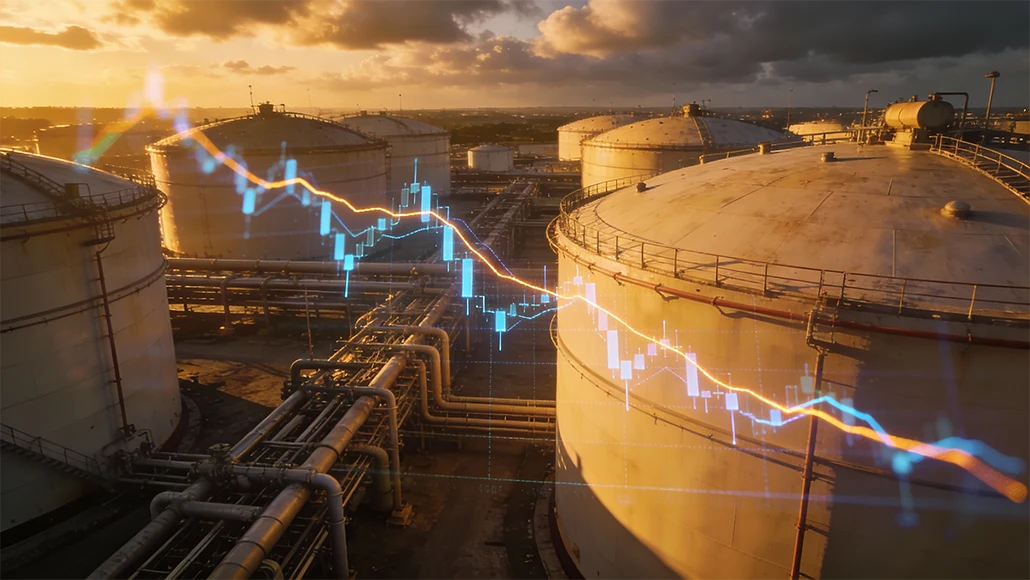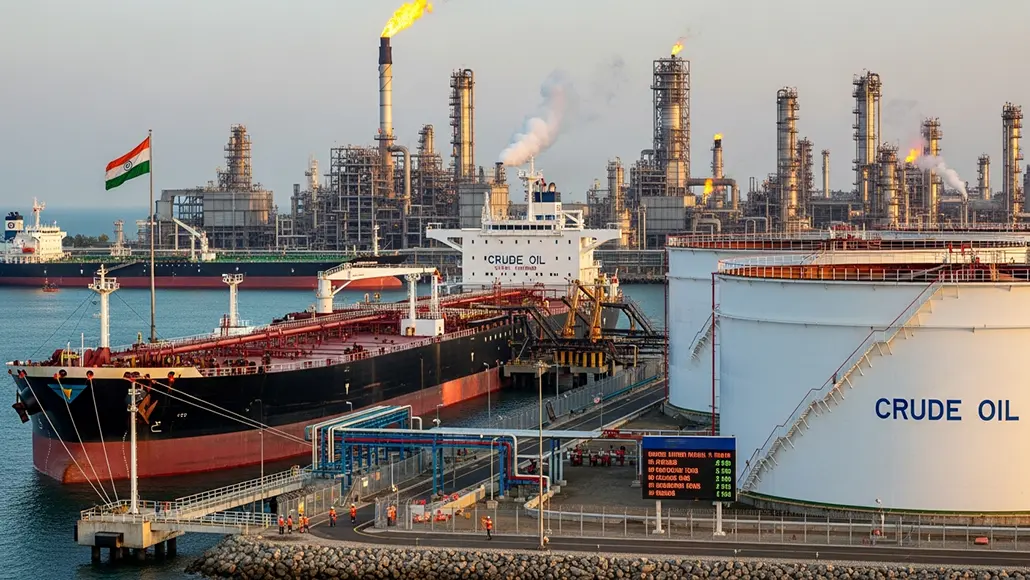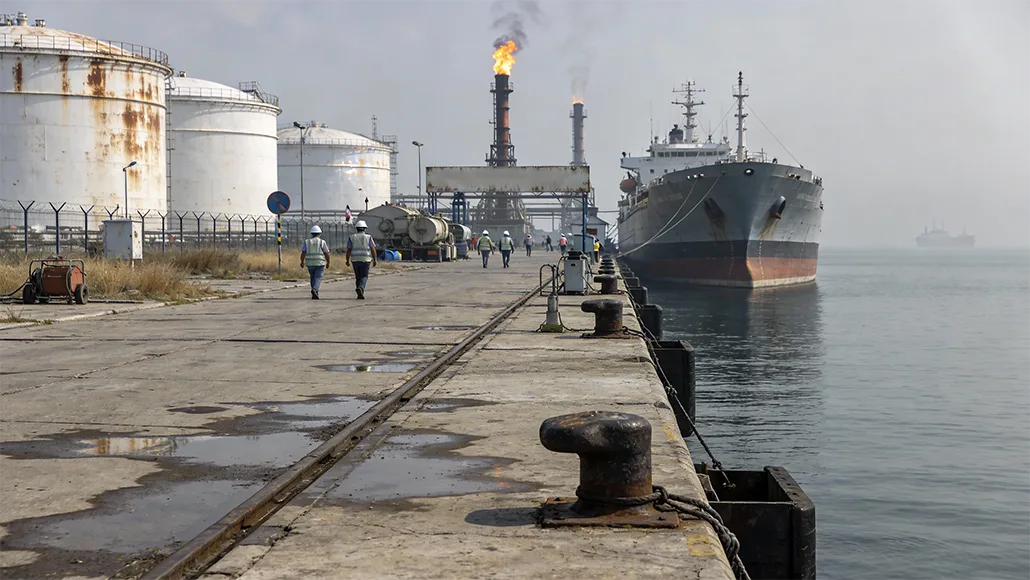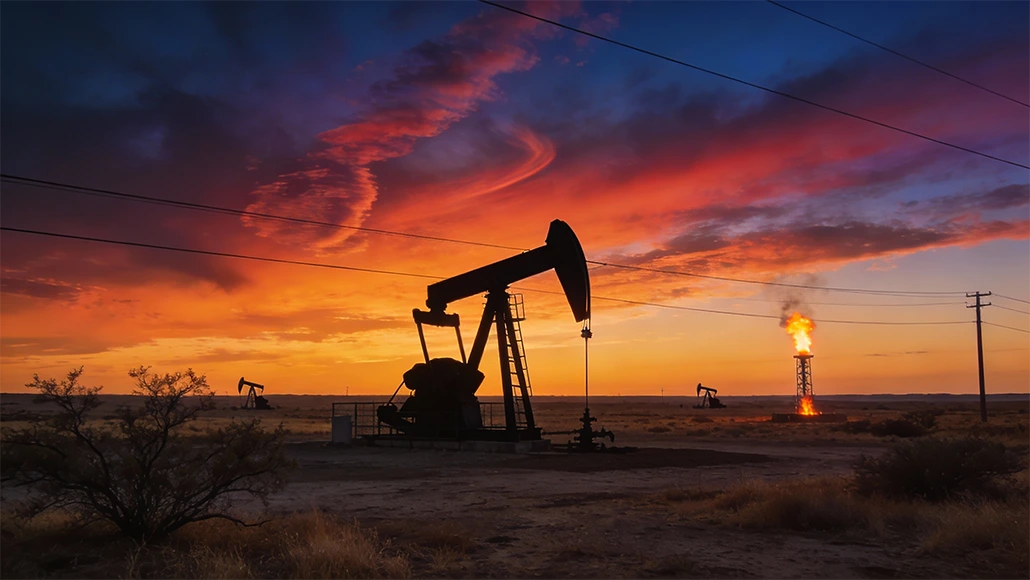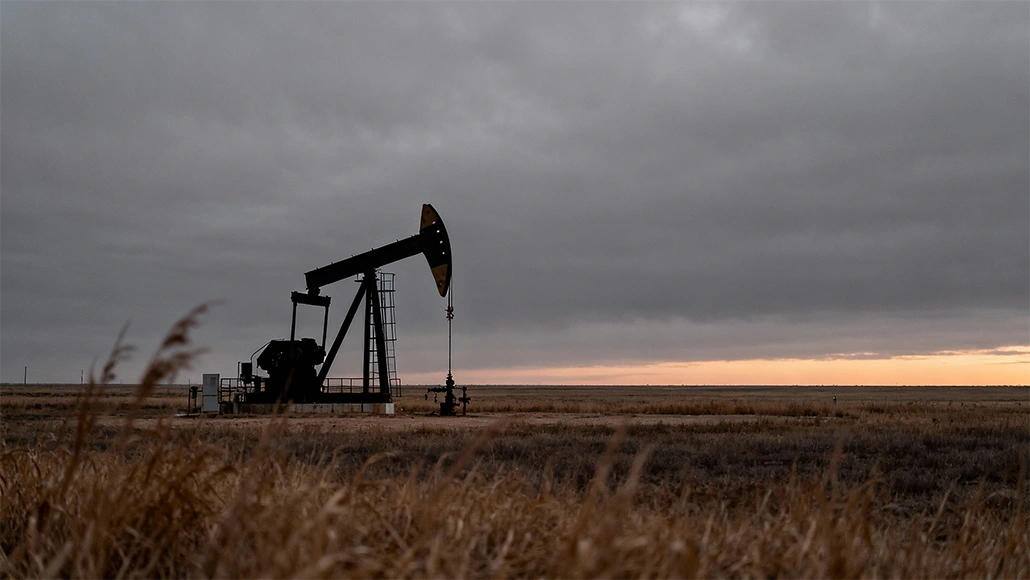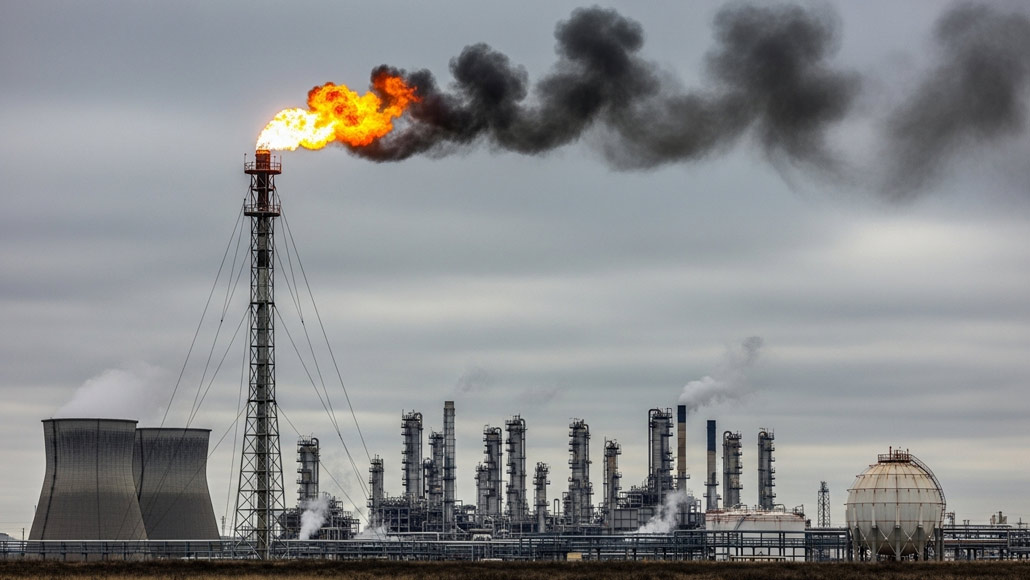The production-sharing contract of Nigeria with TotalEnergies, first guided by the new law that’s designed to boost the OPEC gas production of the member, is sure going to serve as a template when it comes to future deals, said the oil regulator to Reuters on September 3, 2025.
The Petroleum Industry Act of the country that was adopted in 2021 went ahead and recognized the varied economics of oil and gas exploration along with production and was followed by the government incentives like the tax credits and investment allowances when it comes to gas-only developments.
It is well to be noted that the deal, which has been agreed to by the French energy major as well as its local partner on September 1, goes on to cover oil and gas prospecting licenses that were awarded in 2024 for almost 2,000 square kilometers, which is equivalent to 772 square miles, within the Niger Delta Basin.
According to the head of the Nigerian Upstream Petroleum Regulatory Commission, Gbenga Komolafe, this new production-sharing contract of Nigeria along with TotalEnergies goes on to represent a policy shift that is in line with the PIA, aiming to unlock the gas potential of Nigeria and at the same time also support the move towards a gas-powered economy. Komolafe further said that all new deepwater as well as the frontier acreage production sharing contracts are most likely going to adopt similar gas terms. All this indeed sets a model for contracts that are dedicated to gas development.
Apparently, Africa’s largest oil producer is looking out for ways so as to boost the share of gas within its energy mix, both in terms of economic reasons and also as a transition fuel to cleaner energy. The fact is that the daily gas output of Nigeria was almost 1.31 million barrel equivalent (BOE) in July 2025 as compared to the 1.86 million barrels of crude as well as condensates. It is forecasted that 210.5 trillion cubic feet of proven gas reserves will be comparable to crude reserves, therefore underscoring the potential of the gas sector.
But the point here is that infrastructure along with regulatory gaps has actually gone on to hamper the gas development previously, and Nigeria continues to flare massive volumes of gas. In July 2025, the flaring rate, despite being at a three-year low, still went on to exceed 7% of the overall production.
While the officials happen to be quite optimistic that there will be more deals and investment that will follow under this new framework, some of the analysts remain cautious. According to one of the Lagos-based energy lawyers and partner at Bloomfield Law Firm, Ayodele Oni, the real challenge happens to lie in the intricacies of cost recovery, especially when one takes into account the timing, scope, and administrative process.
An analyst at Control Risk, Mikolaj Judson, in a note to Reuters, opined that so as to make the new incentives more meaningful, there were indeed wider reforms that were required within the sector where previously the infrastructure shortfalls, along with insufficient regulation, have always discouraged any kind of investment. Or else the investors would continue to face numerous risks when it comes to developing the gas projects.


